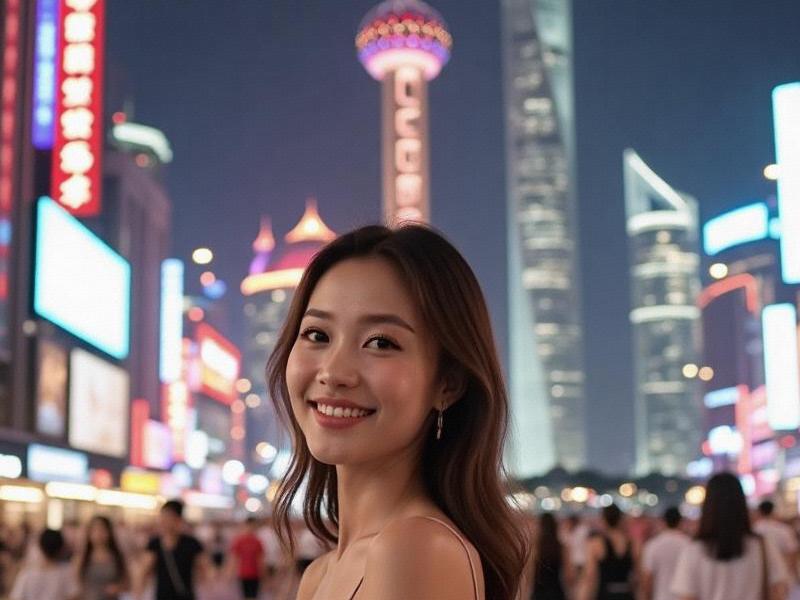This investigative report explores how Shanghai's entertainment club scene has transformed into a sophisticated ecosystem blending business networking, cultural fusion, and luxury experiences.

The neon lights of Shanghai's entertainment district cast colorful reflections on the Huangpu River as a convoy of black luxury vehicles pulls up to "Cloud Nine," the city's newest high-end members-only club. Inside, 38-year-old finance executive James Liang hosts potential investors from Singapore amidst an atmosphere resembling a modern Chinese art gallery more than a traditional nightclub. This scene encapsulates Shanghai's entertainment club revolution - where business, culture and leisure intersect in carefully curated spaces.
The New Business Entertainment Landscape
Shanghai's club scene has evolved far beyond its 1990s karaoke bar roots. Today's premium venues serve as:
- Deal-making hubs (68% of surveyed executives report closing contracts in clubs)
- Cross-cultural meeting points (42% feature international-themed nights)
- Talent recruitment centers (tech firms host "discreet interview" events)
Notable examples include:
- "The Bund Vault": A financial district speakeasy with soundproof negotiation rooms
- "Silk Road": A pan-Asian concept club hosting weekly country-specific cultural nights
- "Newton Lounge": Where tech entrepreneurs mingle with venture capitalists
上海龙凤419贵族
Cultural Hybridization in Club Experiences
Modern Shanghai clubs showcase remarkable cultural fusion:
- Traditional tea ceremonies conducted alongside whisky tastings
- Peking opera performances remixed with electronic music
- Calligraphy artists creating live works during jazz sessions
"Shanghai's nightlife has become a laboratory for cultural innovation," observes NYU Shanghai sociology professor Dr. Emma Zhou. "The clubs aren't just entertainment spaces - they're where China's global identity gets performed and refined."
The Luxury Service Standard
Shanghai's top-tier clubs have developed service protocols rivaling five-star hotels:
上海龙凤419会所 - Multilingual staff trained in international etiquette (minimum 3 languages)
- Customized experience design (from cigar selections to music playlists)
- Discretion guarantees backed by advanced privacy technologies
At "Celestial," members enjoy facial recognition entry and AI-powered sound masking that automatically adjusts when sensitive topics are discussed.
Regulation and Industry Transformation
Recent government policies have reshaped the industry:
- Stricter licensing requirements improved operational standards
- Anti-corruption campaigns shifted focus from conspicuous consumption to quality experiences
- "Night Economy" initiatives extended operating hours in designated zones
上海喝茶群vx
The results? While total venue numbers decreased 22% since 2020, average revenue per club increased 185%, indicating market consolidation toward premium offerings.
The Future of Shanghai Nightlife
Emerging trends include:
- "Wellness clubs" combining nightlife with recovery services (cryotherapy, IV drips)
- Membership-based "social clubs" replacing traditional KTV models
- Augmented reality experiences enhancing live performances
As 28-year-old club entrepreneur Vivian Wu observes while surveying her newly opened "Neo-Shikumen" concept that blends traditional Shanghai architecture with futuristic design: "The future isn't about loud music and cheap drinks - it's about creating meaningful connections in extraordinary spaces."
Shanghai's entertainment clubs have thus become more than just nightlife venues - they're microcosms of the city's evolving identity as China's global meeting point, where business gets done, cultures merge, and new forms of social interaction are constantly being invented.